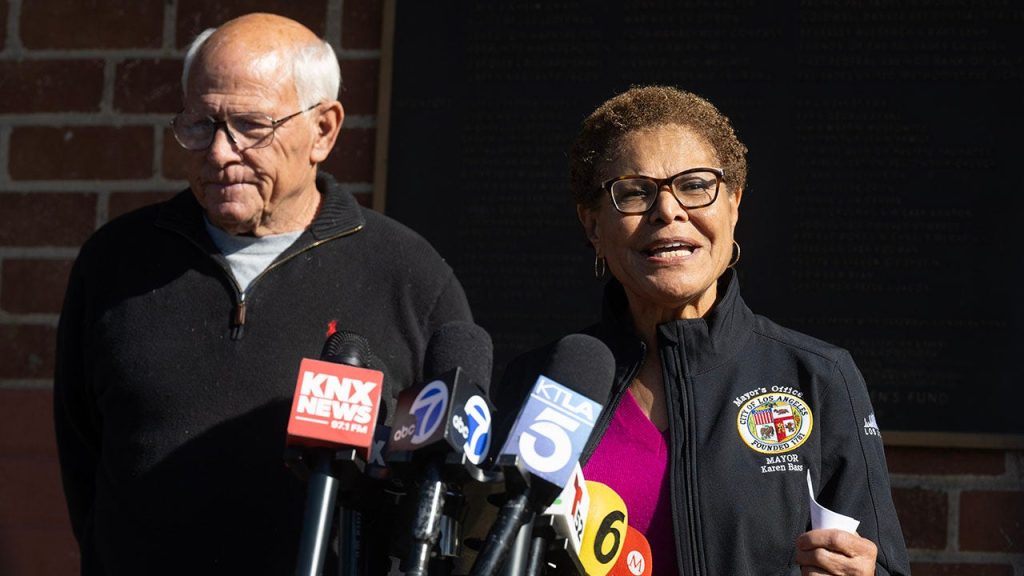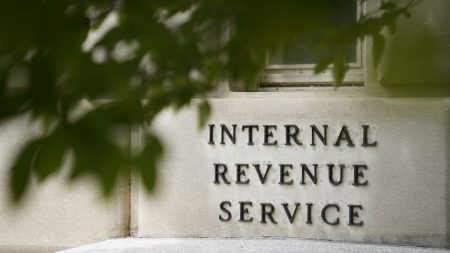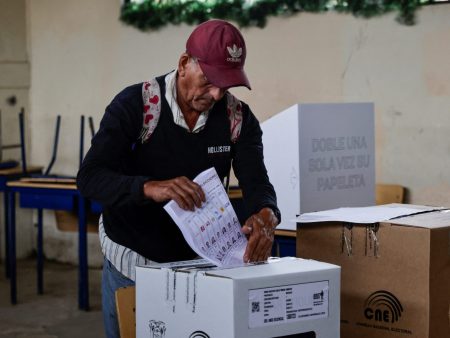The Los Angeles Wildfire Recovery Compensation Controversy: A Case Study in Crisis Management and Public Perception
In the wake of wildfires that devastated parts of Los Angeles, Mayor Karen Bass appointed Steve Soboroff as the recovery czar, initially planning to pay him $500,000 for 90 days of work, funded by charitable organizations. Additionally, Randy Johnson was slated to receive $250,000 for his role in assisting Soboroff. This decision sparked significant public outcry, prompting a swift reversal, with both men agreeing to work pro bono.
Public Reaction and Ethical Considerations
The backlash stemmed from the perception that such high compensation, especially from charitable funds, was inappropriate during a crisis. Critics, including City Councilwoman Monica Rodriguez and Ric Grenell, labeled the amount "obscene" and a "money grab," highlighting the expectation that roles in crisis management should prioritize public service over financial gain. The lack of transparency regarding the source of these funds further fueled distrust.
Soboroff’s Defense and the Role of Expertise
Soboroff, with his extensive experience, defended his compensation, emphasizing his sacrifice of other work and the need for expertise. However, the use of charitable funds for his salary was viewed unfavorably, leading to accusations of misallocating resources meant for victims. Despite this, Soboroff’s contributions, such as coordinating with federal agencies, were crucial to the recovery efforts.
Mayoral Response and Reversal
Mayor Bass’s decision to reverse the compensation plan demonstrated responsiveness to public sentiment, aiming to maintain trust and focus recovery efforts without financial controversies. This move aligns with expectations of selflessness during crises, showcasing the importance of public relations in governance.
Broader Implications and Reflections
The incident raises questions about balancing expert compensation with public trust, especially in crises. It reflects the tension between valuing specialized skills and maintaining ethical standards in resource allocation. The lack of transparency about funding sources underscored the need for clarity to avoid public distrust.
Conclusion
This situation serves as a case study in crisis management, highlighting the sensitivity around compensation in public roles. While expertise is crucial, public perception and trust are equally vital. The reversal by Mayor Bass underscores the importance of aligning decisions with ethical expectations and maintaining transparency to ensure effective crisis management.












